In the fast-paced world of printing technology, high-speed gravure printing machines have become a popular choice for mass production. These machines offer exceptional efficiency and precision, but one question often arises: can they automatically match colors? In this blog post, we will explore the capabilities of high-speed gravure printing machines when it comes to color matching and delve into the innovative solutions that make this process possible.
I. Understanding Color Matching
To begin our discussion, let's first understand what color matching entails. Color matching is the process of reproducing a specific color accurately across different media or on various printing machines. It requires a meticulous combination of art and science, as multiple factors come into play, including ink formulation, substrate characteristics, printing conditions, and even human perception.

II. The Role of Gravure Printing Machines
Gravure printing is a widely used printing method known for its ability to produce consistent and vibrant images at high speeds. The process involves engraving small cells onto a cylinder, which then picks up ink and transfers it to the printing substrate. While gravure printing machines excel in delivering excellent image quality, the challenge lies in maintaining color consistency throughout the print run.
III. Advanced Color Management Systems
To overcome the complexities of color matching in high-speed gravure printing, manufacturers have developed advanced color management systems. These systems incorporate a combination of hardware and software solutions that work together to achieve accurate and consistent color reproduction.
IV. Inline Spectrophotometers
In recent years, high-speed gravure printing machines have been equipped with inline spectrophotometers. These devices measure the color of each printed sample on the fly, allowing for real-time color adjustments during the print run. By comparing the measured color to the target color, these spectrophotometers ensure that the output remains within predetermined tolerances.
V. Closed-loop Feedback Systems
Closed-loop feedback systems take color management a step further by continuously monitoring and adjusting the ink levels on the cylinders. By analyzing the data from the inline spectrophotometers, these systems make dynamic adjustments to ink viscosity, density, and other variables, ensuring color consistency throughout the print job.

VI. Color Calibration and Profile Creation
To achieve accurate color reproduction, high-speed gravure printing machines undergo extensive color calibration processes. These processes involve creating custom color profiles for different substrates and inks used. These profiles help the machine understand how to interpret and reproduce colors accurately, resulting in consistent and vibrant prints.
VII. Operator Expertise and Collaboration
While the advancements in technology have greatly enhanced the capabilities of high-speed gravure printing machines, human expertise remains critical for color matching success. Experienced operators play a vital role in fine-tuning the settings, analyzing data, and making necessary adjustments to achieve optimal color accuracy.
VIII. Continuous Improvement and Innovation
The field of printing technology continuously evolves, and manufacturers are constantly working on improving color matching capabilities. Research and development efforts are focused on refining hardware components, optimizing software algorithms, and integrating artificial intelligence-based solutions to further enhance color management in high-speed gravure printing.
IX. Overcoming Print Variation Challenges
While high-speed gravure printing machines have made significant advancements in color matching, certain challenges related to print variations still exist. Factors such as substrate variations, ink variations, and environmental conditions can impact color consistency.
a) Substrate Variations: Different substrates can absorb or reflect ink differently, resulting in variations in color reproduction. High-speed gravure printing machines address this challenge by utilizing advanced color profiling techniques for each specific substrate. By creating custom color profiles that take into account the substrate's characteristics, printers can achieve more accurate color reproduction across different materials.
b) Ink Variations: Ink formulations can vary based on factors such as pigmentation, fluidity, and drying speed. These variables can affect color matching on high-speed gravure printing machines. To combat this, manufacturers work closely with ink suppliers to develop ink formulations that are optimized for accurate and consistent color reproduction. Additionally, inline spectrophotometers and closed-loop feedback systems constantly monitor and adjust ink levels, viscosity, and density to ensure color consistency throughout the print run.
c) Environmental Conditions: Environmental factors such as temperature, humidity, and lighting conditions can also impact color reproduction. High-speed gravure printing machines often feature environmental monitoring systems that help maintain ideal conditions for color matching. These systems continuously measure and adjust environmental parameters to ensure optimal printing conditions, reducing the impact of external factors on color consistency.

X. Advancements in AI-based Color Matching
The integration of artificial intelligence (AI) technology has opened up new possibilities for color matching in high-speed gravure printing machines. AI algorithms can analyze large volumes of data and make real-time adjustments to optimize color reproduction. Machine learning models can identify patterns and adjust color settings based on previous experiences, making the color matching process more efficient and accurate.
Conclusion
High-speed gravure printing machines have come a long way in automating the color matching process. Through the integration of advanced hardware components, software algorithms, color calibration techniques, and operator expertise, these machines can achieve remarkable color accuracy and consistency. While challenges related to substrate and ink variations continue to exist, ongoing research and development efforts, along with advancements in AI-based color matching, offer promising solutions for the future.
Wuxi Jast Packaging Machinery Co., Ltd. is an enterprise mainly engaged in the production of bag making machines. Founded in 1990, the company is a professional manufacturer of bag making machines that combines mechanical manufacturing and automation control.
Welcome to contact us,if you need.
Email:jesee@vip.qq.com
Jast Packing Machinery
Trueland1589@outlook.com

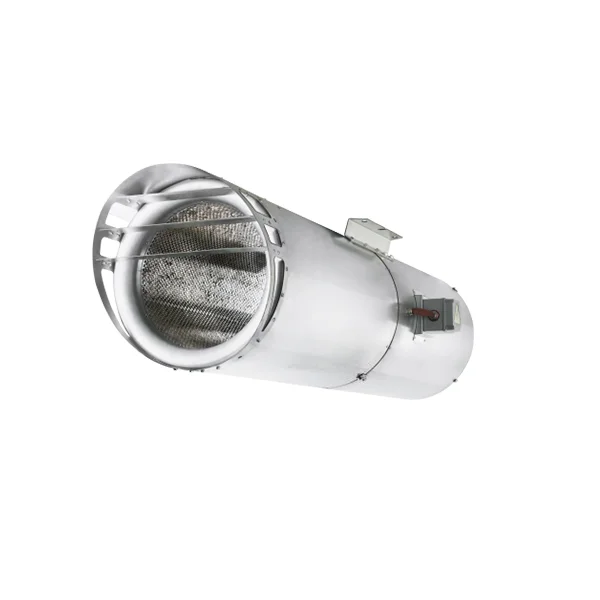
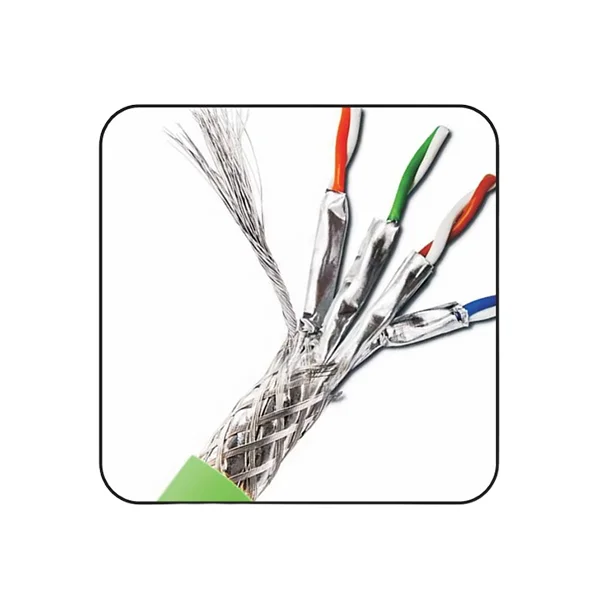
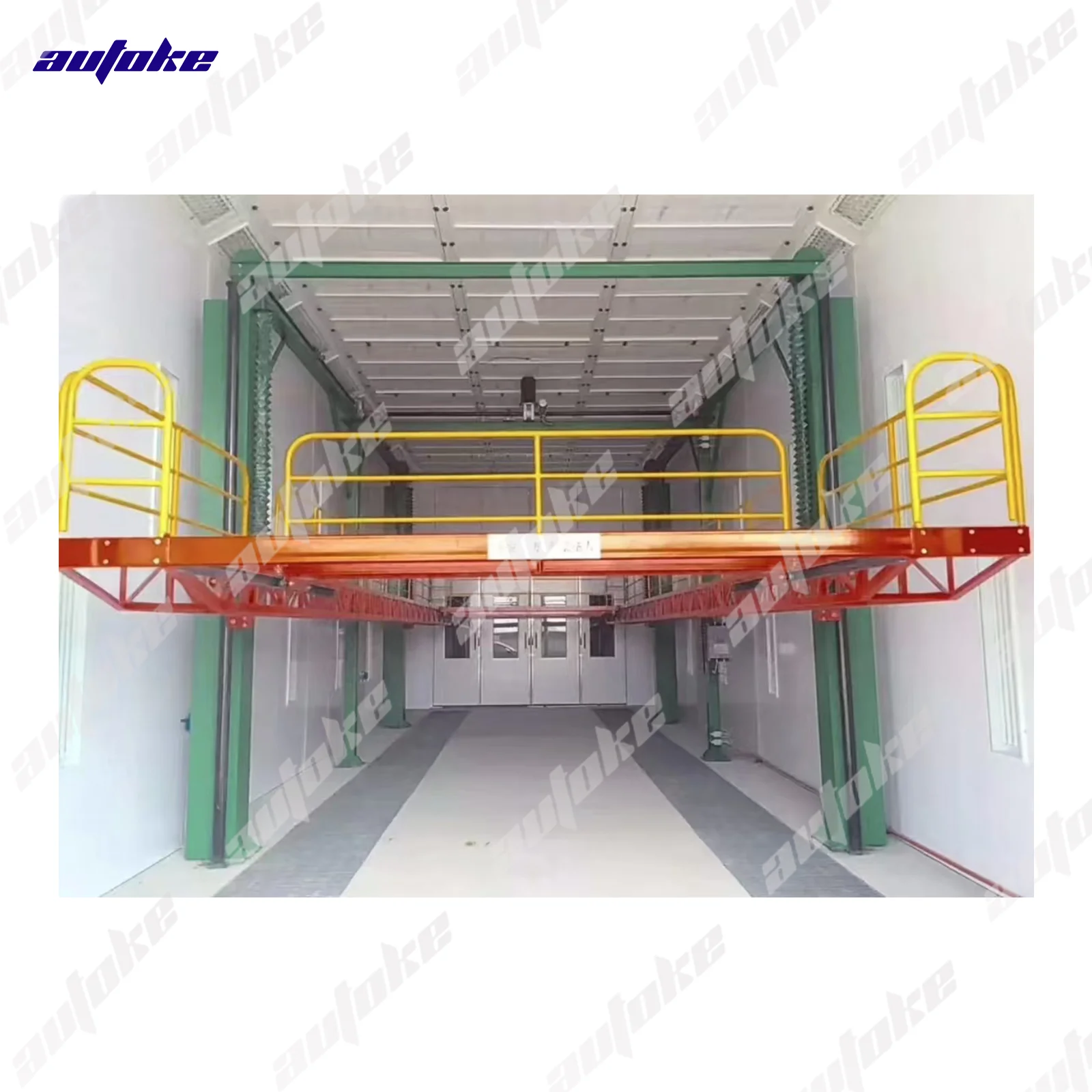
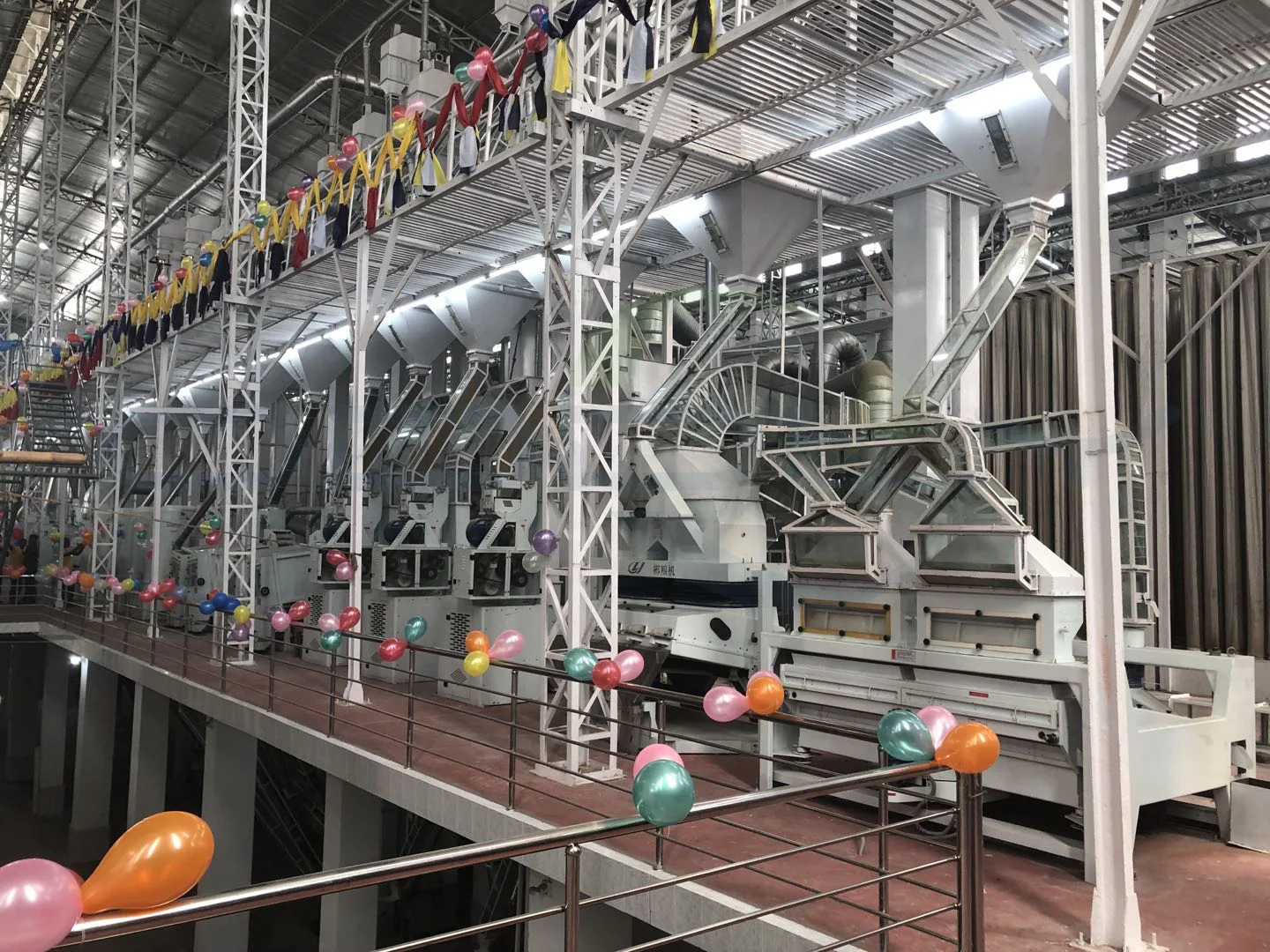
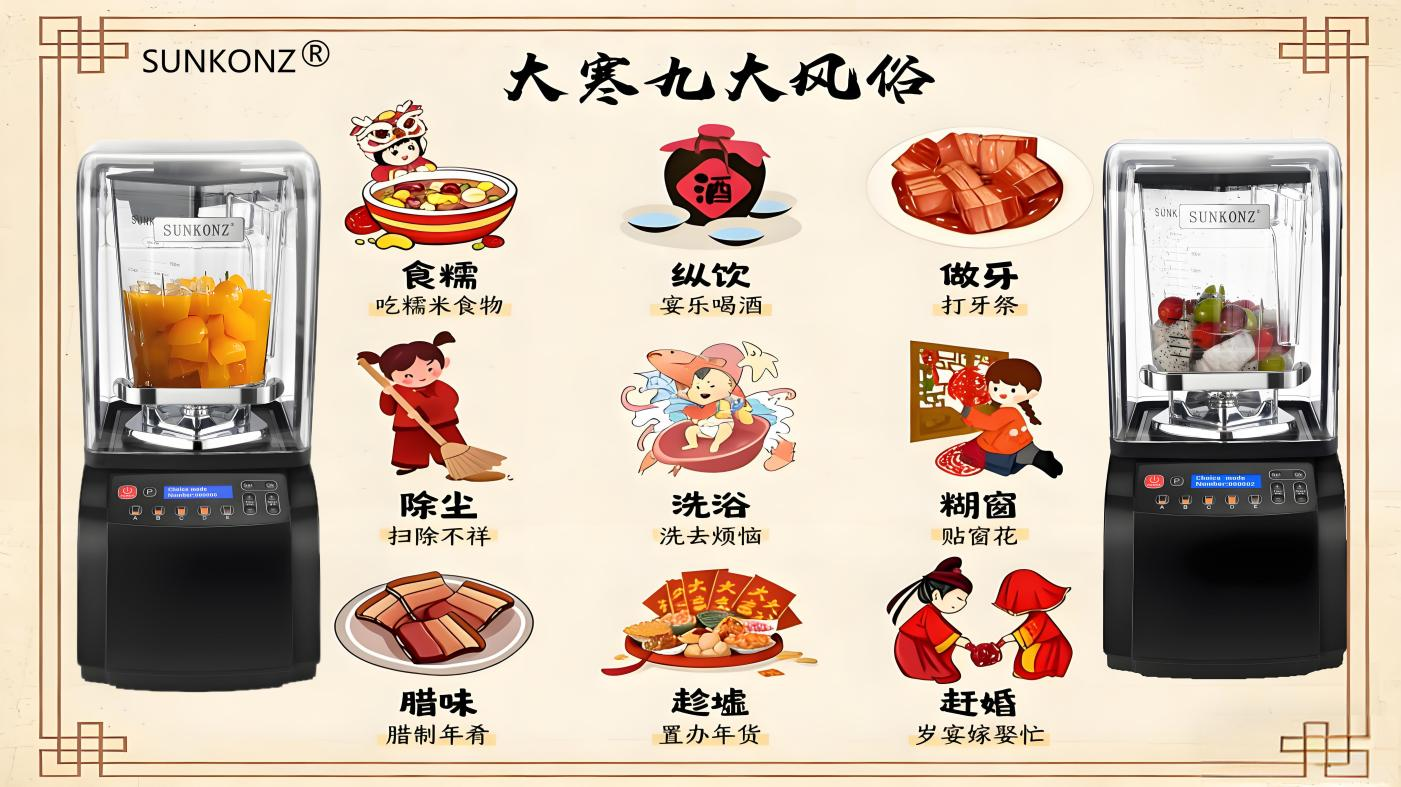

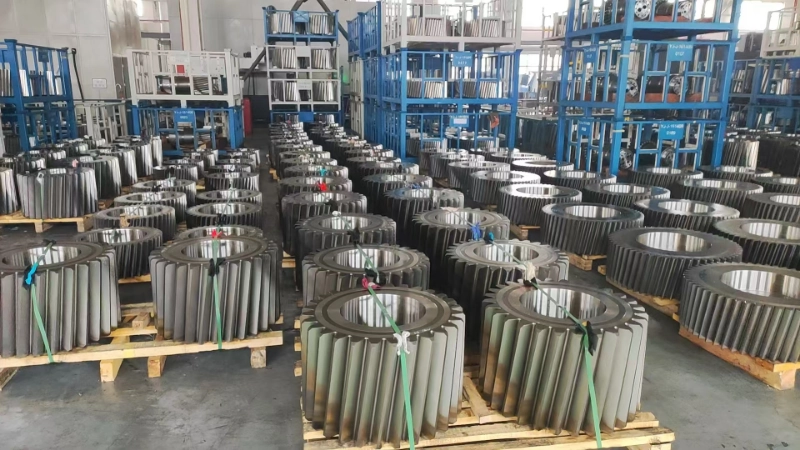

+ There are no comments
Add yours